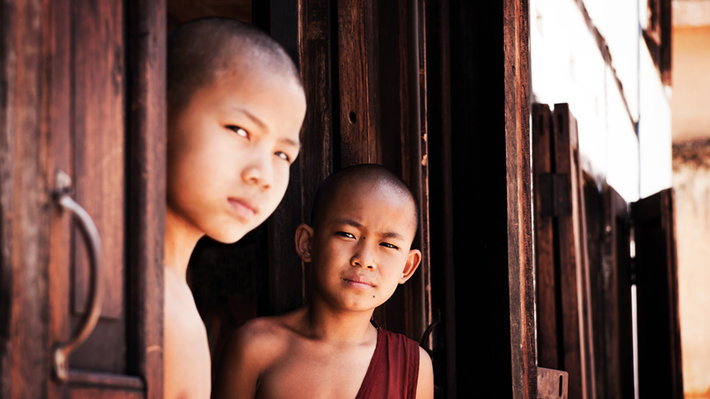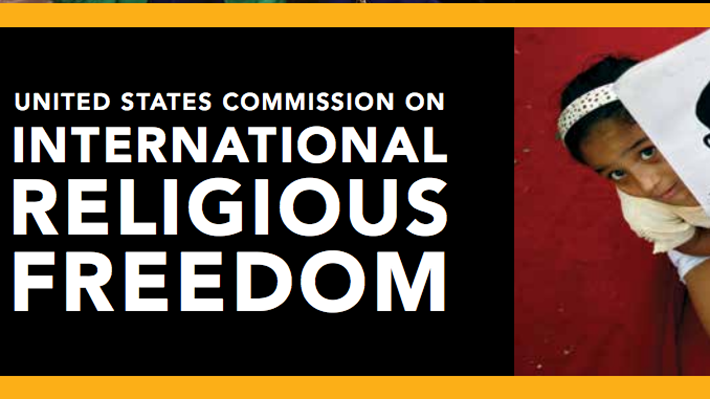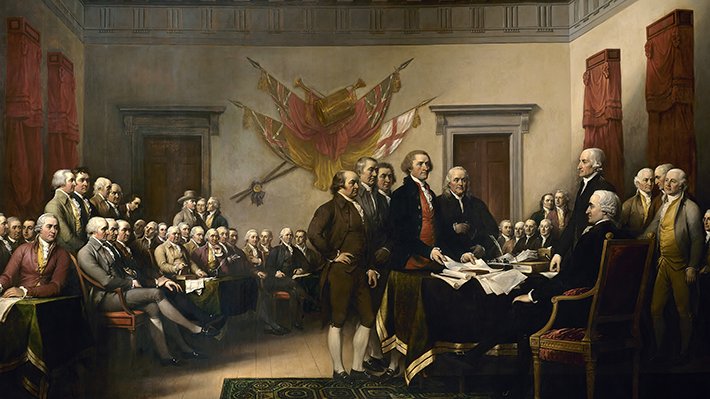
-
HOME
-
WHAT IS STANDOur Mission Our Values Our Help Contact
-
WHAT WE FIGHT FORReligious Freedom Religious Literacy Equality & Human Rights Inclusion & Respect Free Speech Responsible Journalism Corporate Accountability
-
RESOURCESExpert Studies Landmark Decisions White Papers FAQs David Miscavige Religious Freedom Resource Center Freedom of Religion & Human Rights Topic Index Priest-Penitent Privilege Islamophobia
-
HATE MONITORBiased Media Propagandists Hatemongers False Experts Hate Monitor Blog
-
NEWSROOMNews Media Watch Videos Blog
-
TAKE ACTIONCombat Hate & Discrimination Champion Freedom of Religion Demand Accountability
Bipartisan Report Shows Severe Curtailment of Religious Freedom Internationally
The COVID-19 pandemic has touched on—and by “touched on” I mean decimated in many cases—nearly every aspect of life all over the world. Not the least of which is the freedom to practice one’s religion.
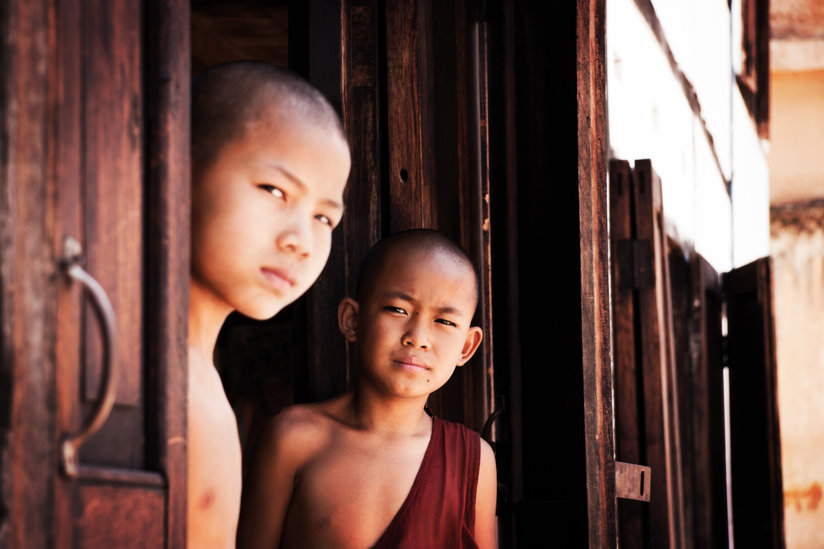
Here in the United States the various solutions—or lack of solutions, as the case may be—for maintaining a balance between people attending religious services in the way they are accustomed on one hand and mitigating the risk of spreading a potentially lethal virus to one’s fellow parishioners on the other has led to appeals all the way to the Supreme Court.
Things could be a lot worse. We may be the lucky ones. At least we can take it to court.
In Sri Lanka, the government insisted on cremation of those who died from COVID-19 throughout the entire year of 2020 despite the fact that cremation is forbidden by Islam, a faith held by almost 10% of Sri Lanka’s population, and despite the fact that the WHO has determined that cremation of COVID-19 victims has no public health benefit.
In India, Muslims were baselessly accused of spreading the virus, leading to reported increases in violent attacks against them.
It is, quite frankly, very difficult to read.
In Pakistan and Saudi Arabia—both with large Sunni majorities—Shi’as were blamed for spreading the virus and were subjected to stricter lockdown rules than the rest of the population.
In Germany, France and Poland, Jews were subjected to increased anti-Semitism as a result of the virus and related public health measures.
None of those affected had recourse to any kind of legal process.
These violations of religious freedom are all described on page 87 of an annual report released in April by the bipartisan U.S. Commission on International Religious Freedom (USCIRF). The examples above are some of the milder affronts to religious freedom detailed in the 99-page document, which is forwarded to the President, Secretary of State and Congress with specific recommendations for action.
It is, quite frankly, very difficult to read.
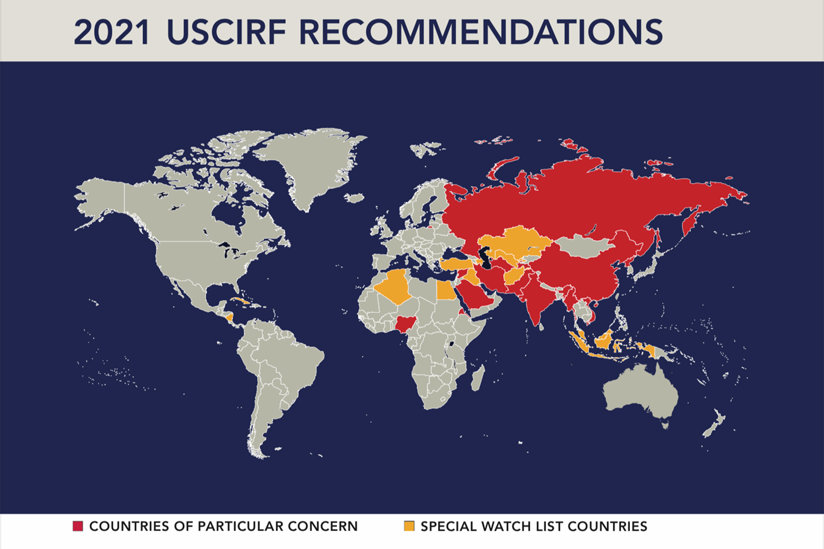
The report details violations of religious freedom in countries and non-state entities each of which are categorized into three separate “lists.” To be included on one of the lists, the country or entity must engage in or tolerate severe violations of religious freedom—violations which are “systematic, ongoing, [and] egregious,” such as torture, cruel or inhuman treatment or punishment, prolonged detention without charges, disappearance by abduction, and flagrant denial of life, liberty or security.
There is a lot to deal with to set things right and bring about true religious freedom in the world.
The first list—Countries of Particular Concern (CPC)—includes countries that are engaged in all three criteria: “systematic, ongoing, and egregious” violations. The CPCs listed in last year’s report were Burma, China, Eritrea, Iran, Nigeria, North Korea, Pakistan, Saudi Arabia, Tajikistan and Turkmenistan. The 2021 report adds India, Russia, Syria and Vietnam to this set.
The second list—Special Watch List (SWL)—includes countries that are engaged in any two of the three criteria: “systematic, ongoing, and egregious” violations. The SWL retains Cuba and Nicaragua from the 2020 report and adds Afghanistan, Algeria, Azerbaijan, Egypt, Indonesia, Iraq, Kazakhstan, Malaysia, Turkey and Uzbekistan for 2021.
The third list includes nongovernmental Entities of Particular Concern—EPCs. These include, to name a few, al-Shabaab, Boko Haram, the Houthis, and the Taliban.
I’m naming them specifically to call them out, for what these groups do makes “egregious” seem a weak word.
Starting at the top of the alphabet, here’s just a little bit of information about two of the countries:
- Burma: What has been happening in this country has been labeled genocide by the UN. In 2020 alone, at least 500 civilians, mostly Rohingya Muslims and Christians, were killed by government forces and nongovernmental individuals, as well as more than 100 children being killed or maimed in just the first half of the year. This is on top of earlier mass killings and rapes. According to a study published in August 2018, in the previous 12 months, more than 24,000 Rohingya people were killed and an estimated 18,000 Rohingya women and girls were raped. An estimated 35,000 Rohingya people were thrown into fire. There’s more.
- China: The government increased implementation of its “sinicization of religion” policy, targeting religions with foreign ties, including Christianity, Islam and Tibetan Buddhism. This included unprecedented use of electronic surveillance technology. Since 2017, the government has sent millions of Muslims to detention camps (there are 380 such camps in the Uyghur region alone) for practices labeled “religious extremism” such as wearing long beards and refusing alcohol. Catholic bishops have been harassed, detained and tortured. Catholic and Protestant churches and crosses have been demolished. And this description just scratches the surface.
The lists go on.
An appendix on the final page of the report shows a graph of the Freedom of Religion or Belief Victims List, a database of individuals USCIRF has determined have been subjected to torture, imprisonment, detention, “disappearance,” or forced renunciation of faith. The 1,008 people on the list includes adherents of 23 religions or beliefs.
There is a lot to deal with to set things right and bring about true religious freedom in the world, but the first step in handling anything is to be aware of it. With that in mind, I invite you to download and read the report.
If nothing else, it might add some perspective to the limitations religious people in America have faced during the pandemic.






